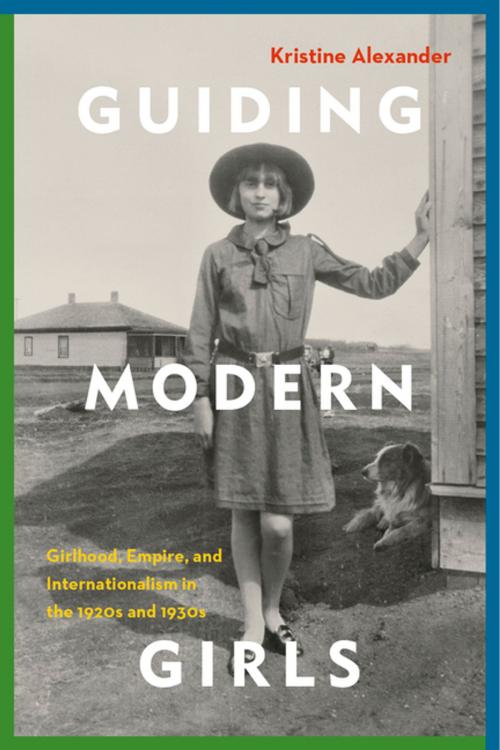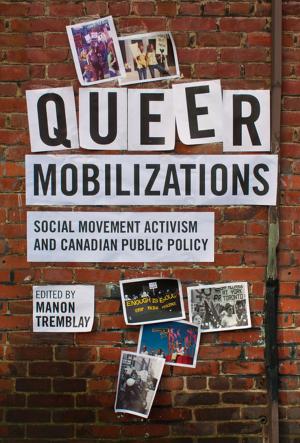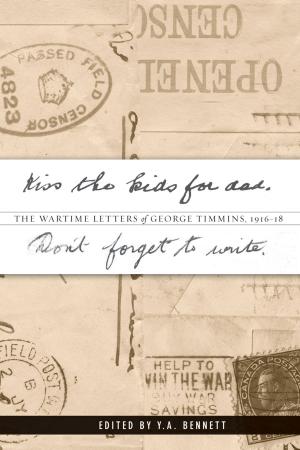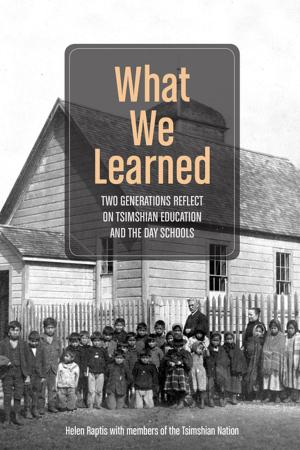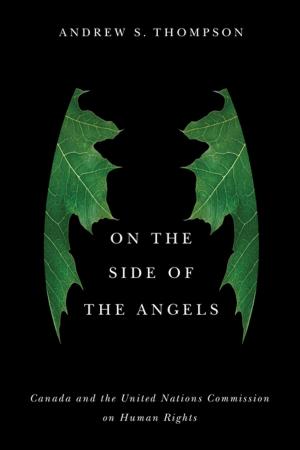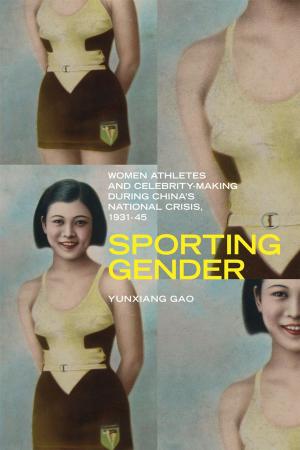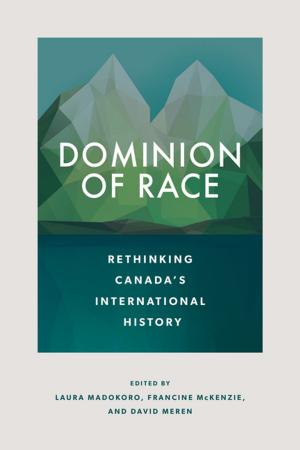Guiding Modern Girls
Girlhood, Empire, and Internationalism in the 1920s and 1930s
Nonfiction, Social & Cultural Studies, Social Science, Gender Studies, Women&, History, British| Author: | Kristine Alexander | ISBN: | 9780774835909 |
| Publisher: | UBC Press | Publication: | November 15, 2017 |
| Imprint: | UBC Press | Language: | English |
| Author: | Kristine Alexander |
| ISBN: | 9780774835909 |
| Publisher: | UBC Press |
| Publication: | November 15, 2017 |
| Imprint: | UBC Press |
| Language: | English |
Across the British Empire and the world, the 1920s and 1930s were a time of unprecedented social and cultural change. Girls and young women were at the heart of many of these shifts, which included the aftermath of the First World War, the enfranchisement of women, and the rise of the flapper or “Modern Girl.” Out of this milieu, the Girl Guide movement emerged as a response to popular concerns about age, gender, race, class, and social instability.
The British-based Guide movement attracted more than a million members in over forty countries during the interwar years. Its success, however, was neither simple nor straightforward. Using an innovative multi-sited approach, Kristine Alexander digs deeper to analyze the ways in which Guiding sought to mould young people in England, Canada, and India. She weaves together a fascinating account that connects the histories of girlhood, internationalism, and empire, while asking how girls and young women understood and responded to Guiding’s attempts to lead them toward a service-oriented, “useful” feminine future.
Guiding Modern Girls adds new depth to what are largely separate understandings of interwar girlhood, British imperialism, and internationalism. By analyzing the Guides as a worldwide organization whose early twentieth-century leaders sought to create a conservatively modern ideal of gender, class, age, and race relations, this book also reveals how girls and young women understood, reworked, and sometimes challenged the expectations placed on them by the world’s largest voluntary organization for girls.
Across the British Empire and the world, the 1920s and 1930s were a time of unprecedented social and cultural change. Girls and young women were at the heart of many of these shifts, which included the aftermath of the First World War, the enfranchisement of women, and the rise of the flapper or “Modern Girl.” Out of this milieu, the Girl Guide movement emerged as a response to popular concerns about age, gender, race, class, and social instability.
The British-based Guide movement attracted more than a million members in over forty countries during the interwar years. Its success, however, was neither simple nor straightforward. Using an innovative multi-sited approach, Kristine Alexander digs deeper to analyze the ways in which Guiding sought to mould young people in England, Canada, and India. She weaves together a fascinating account that connects the histories of girlhood, internationalism, and empire, while asking how girls and young women understood and responded to Guiding’s attempts to lead them toward a service-oriented, “useful” feminine future.
Guiding Modern Girls adds new depth to what are largely separate understandings of interwar girlhood, British imperialism, and internationalism. By analyzing the Guides as a worldwide organization whose early twentieth-century leaders sought to create a conservatively modern ideal of gender, class, age, and race relations, this book also reveals how girls and young women understood, reworked, and sometimes challenged the expectations placed on them by the world’s largest voluntary organization for girls.
